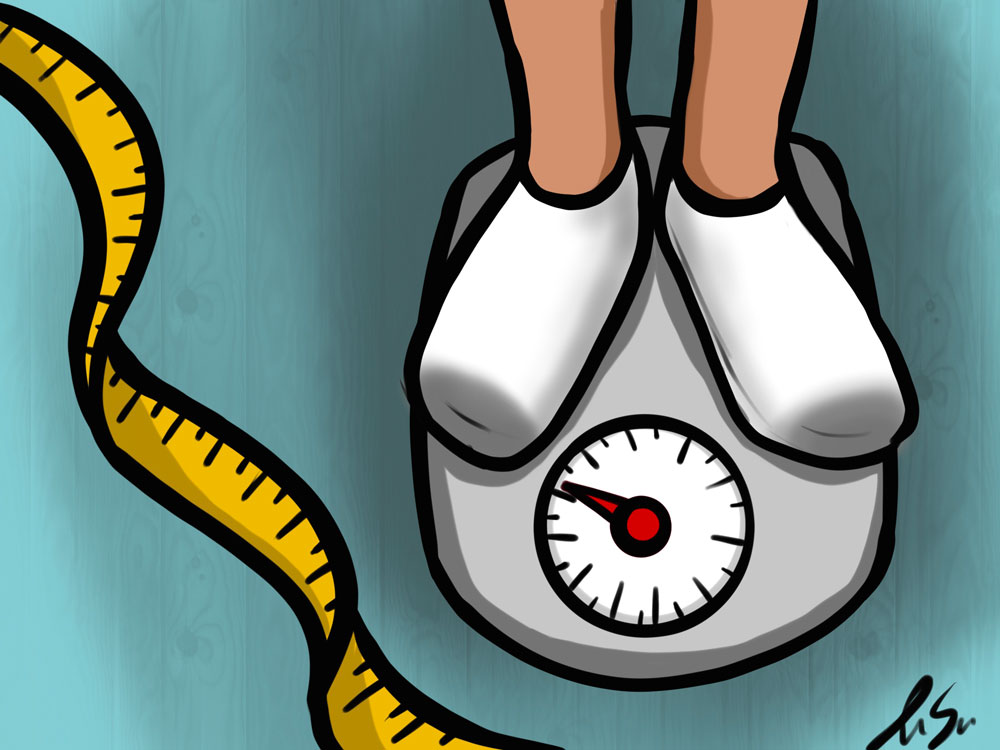BMI—An Outdated Health Measure
Imagine if physicians had access to a simple number that could indicate a patient’s health. Does it sound overly simplistic and fictitious? That’s because it is.
Body Mass Index is measured by dividing a person’s weight in kilograms over their weight in kilograms squared.
Despite its simplicity, BMI is incorrectly seen as the end-all-be-all judge of good health.
The most obvious issue is that it does not take into account someone’s body composition. A highly-trained athlete with prominent musculature can have the same exact BMI as a sedentary layman. After all, the only factors being assessed are weight and height.
This ignores several other factors that determine health.
It’s not surprising that BMI isn’t an effective tool to measure health. It was never meant to be. Its creator, Adolphe Quetelet, was a mathematician who created the BMI as a population-level tool instead of a tool for individual assessment.
Even then, Quetelet was studying a very specific population whose findings didn’t necessarily apply to others.
The same issue arises with the classification of weight categories. The criteria behind these labels were created by an insurance company in the 1940s using mostly white policyholders.
That is not the America of today. It’s a widely known scientific principle that findings found for a specific population can’t be applied indiscriminately to other distinct populations.

Even if the BMI had been an accurate measurement for the white population of 1940s America, it wouldn’t be for today’s ethnically diverse population.
If BMI was perfectly adjusted for different populations, it still would not serve as an individual assessment tool. If it did serve as an individual assessment, it would not be an accurate measurement of body fat percentage.
Besides, our body fat percentage isn’t the magic key determinant of health either.
Studies have linked individuals with higher BMIs to lower risks of mortality in heart failure, coronary vascular disease, kidney failure and other chronic diseases. A 2011 study examining 189,533 cases found better short-term post-surgical survival rates among people with obesity, as defined by the BMI, than normal-weight patients.
Some negative health conditions that share a correlation with higher BMIs may be explained by outside factors.
Heavier individuals tend to be more pressured into dieting. Which, as noted in a 2010 paper, may increase physiological risk factors for diseases such as hypertension and weight cycling. Similarly, other studies have demonstrated associations between higher morbidity and mortality due to weight cycling.
Although there are negative health effects to being overweight, they might not be caused by the weight itself. Hence, weight cannot be used as an independent health risk factor.
The use of BMI as a health determinant is incorrect and harmful. This antiquated system is hurting the health of our nation.
It could lead to misdiagnosis by physicians who might overlook certain issues and dismiss them due to your high BMI. Additionally, it can lead to financial problems as certain medical procedures may not be covered if patients don’t meet a predetermined BMI threshold.
We must not accept and blindly trust medical metrics such as BMI. We must always critically assess them and replace them when required.




